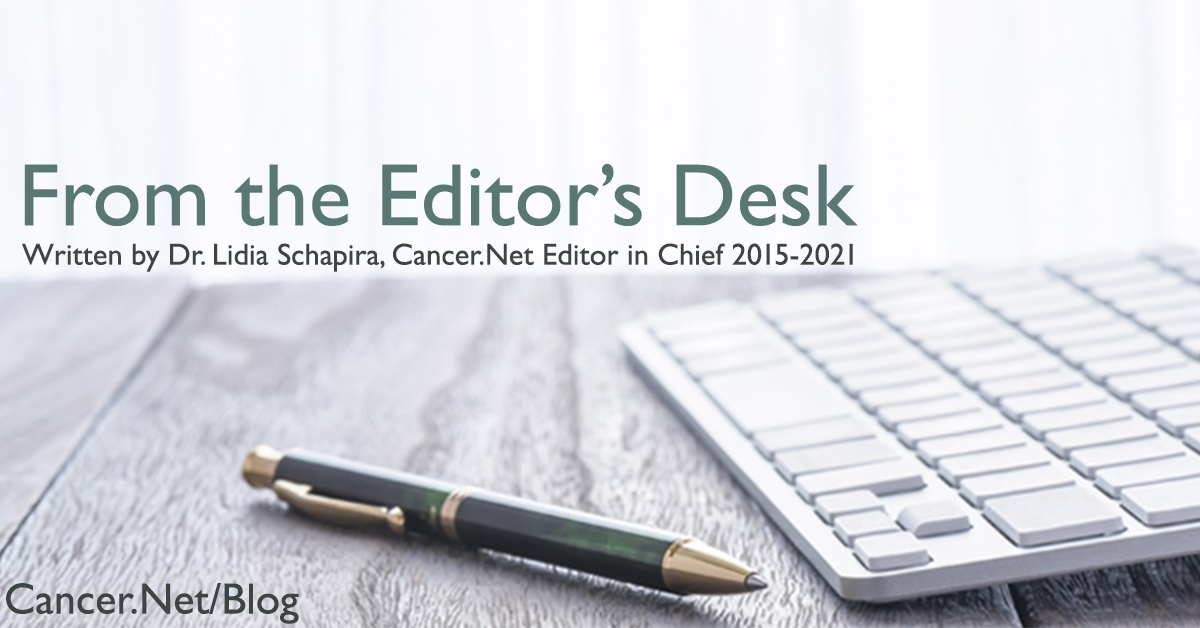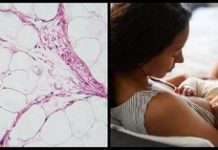
2020 was a stressful and difficult year. People living with cancer faced the threat of not only cancer, but also of the COVID-19 pandemic. People newly diagnosed with cancer and those undergoing treatment for cancer faced enormous challenges. Care was disrupted and delayed, and the experience of receiving treatment felt very different. All supportive services, such as having a volunteer visit during chemotherapy or being able to have a friend accompany you to a test or treatment, were halted overnight in efforts to maximize safety for patients and staff. Needless to say, this only magnified the stress and isolation experienced by those living through and beyond the crisis that is cancer.
What kept us all strong and focused on our individual and collective goals was the inspiration and belief in a better future. We felt and intuitively knew there would be better days ahead, and that thought gave us the strength to make personal sacrifices. We hoped that in 2021, we would begin the gradual return to normalcy, and that hope sustained us during moments of loneliness, fear, and anxiety. It is in those critical moments that follow a diagnosis of cancer or the fear of catching a deadly virus that we make choices about how we frame our experiences. And those choices, in turn, determine what we pay attention to, how we feel about ourselves, and how motivated we are to endure the restrictions put on us by cancer treatment or by a lockdown during the pandemic.
Cancer survivors speak of feeling a range of emotions at the time of their diagnosis, from shock to anger and guilt. After his diagnosis of lymphoma, a patient named Jacob* told me that he and his wife knew they had a choice. “Our life and our future would look different, but it was still there for us,” he said. “We laughed during chemo. We didn’t choose this experience, but it was happening, so we decided to find joy in the experience.”
People living with cancer may feel betrayed by their bodies at the time of diagnosis. I learned this in my first year in practice as an oncologist from 1 of my patients. Linda* was diagnosed with breast cancer within months of delivering a healthy baby. She quickly learned her body was capable of handling the grueling experience of chemotherapy, and she began to appreciate her body’s ability to heal itself. I watched her accept, and then adapt, to an unexpected situation. Her perspective changed, and her confidence in her own ability to manage cancer allowed her to bear the experience to the fullest extent. Research has also shown that feeling capable of handling a challenge can modify the production of stress hormones and may strengthen the immune system. I will never forget the emotion I felt when a healthy Linda shared the news that her “baby” was in college.
Every person arrives at their own unique understanding of hope, and what we hope for evolves as we age and as we face unexpected threats. Cancer survivors learn to accept physical limitations that are beyond their control and to manage uncertainty, and during this process, they find strength in hoping for a better future. I have also learned that it is important for me as the oncologist to feel hopeful about my patient’s treatment and future, as these shared feelings nurture the relationship that is so important during the cancer journey.
We have learned important lessons about resilience during the pandemic that we can apply to cancer care in the future. I am hopeful that 2021 will bring a new normal and with that, a renewed appreciation for life’s joys and a deeper connection to each other.
*Patient names have been changed to ensure their privacy.








